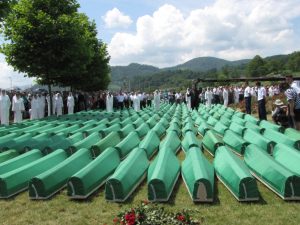
Press release – UK/Bosnia: Premier of film commemorating genocide in Bosnia – 15 September
The premier is set to take place at Rich Mix on Thursday, 15 January at 7pm
After the break-up of the former Yugoslavia in 1992, the newly declared republic became the subject of irredentist claims by neighbouring Serbia and Croatia.
The subsequent war left an estimated 100,000 people killed and saw unspeakable atrocities including the re-emergence of concentration camps in Europe for the first time since World War Two.
At the height of the bloodletting, over 8000 unarmed men and boys seeking refuge in the UN protected “safe-haven” of Srebrenica were massacred in cold blood by Serb soldiers.
The gruesome episode remains a salutary reminder of the evil depths to which humanity can sink in the name of ethnocentric nationalism. It is also a grim warning of the precarious status of Muslim minorities in Europe, even those that appear to be well integrated.
As the passage of time makes the tragedy more and more distant, IHRC strives to keep the memory of the Bosnia War alive in a number of ways including remembering Bosnia in our Genocide Memorial Day that takes place every year and supplying resources to schools to help them teach students about Bosnia.

The premier is set to take place at Rich Mix on Thursday, 15 January at 7pm
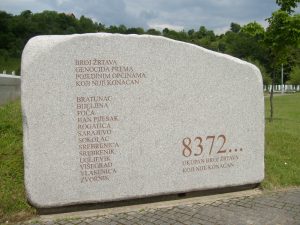
It is relatively easy to incite hatred and fear of “the other”
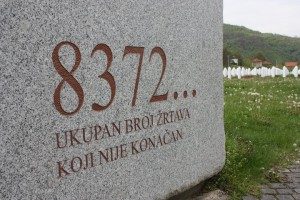
Arzu Merali reflects on the recent memorialisation of Srebrenica and the loss of its historical context.
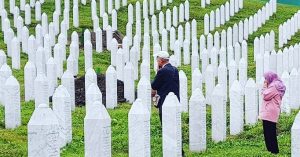
Arzu Merali reflects on the recent memorialisation of Srebrenica and the loss of its historical context.
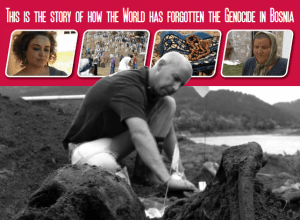
‘Forgotten Genocide’ to be released on 13 July 2015

Massoud Shadjareh, Mustafa Ceric and others join John Rees on Islam Channel to discuss the implications of and controversies around the census.
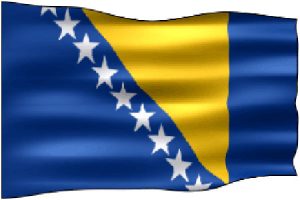
The Bosnian Central Parliament is to discuss a new law proposed by the Bosnian Serb Party of Independent Social Democrats (SNSD) on 1st September 2010 to ban the face veil for which Muslim women have held a protest outside the Central Parliament in Sarajevo.
Radovan Karadzic, war criminal leader of the self proclaimed ‘Republika Srpska’ in Bosnia and Herzegovina has been arrested in Serbia after thirteen years on the run.

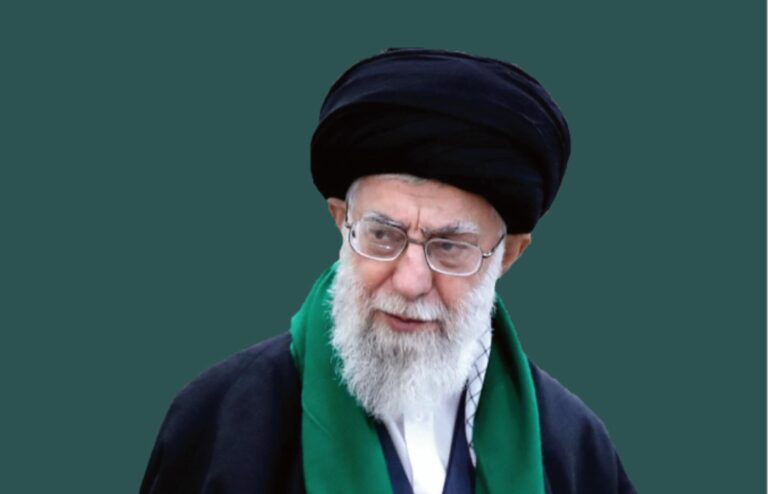



+44 208 904 4222
info@ihrc.org
Choose from options and QUICK DONATE